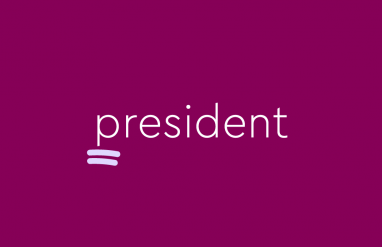⚡ Quick summary
Born and borne are both past participle forms of the verb bear. Born is used in the context of birth, both literally (I was born on a Tuesday) and figuratively (Most ideas are born from necessity). As a verb, born is always used in the passive voice. However, when the focus is on giving birth, as opposed to being born, borne is used, as in She has borne three children. Borne is used as the past participle for all other meanings of bear, including those meaning “to hold up or support” or “to carry.”
The difference between the words born and borne is more than just that e.
In this article, we’ll explore the different meanings of born and borne, explain how and when to use each one, and provide examples of how they’re used in sentences.
borne vs. born
Born and borne are both past participle forms of the verb bear, which has many different meanings. Some of the most common are “to give birth to” (bear a child), “to produce” (bear fruit), “to hold up or support” (bear the weight), or “to carry,” including in figurative ways (bear the burden).
For more about bear, check out our guide to bare vs. bear.
Born is the form used in most contexts involving birth (either literal or figurative). In fact, born is much more commonly used than its base form bear (and many people might not even realize that born is a form of bear, perhaps thinking of it as its own unique word).
For all other senses of bear, the past participle form that’s used is borne.
Let’s look at some examples that help illustrate the difference. In each case, the sense of bear that’s being used is indicated in parentheses:
- The baby was born (birthed) at exactly midnight.
- Those kittens were born (birthed) just three days ago.
- The idea to form a band was born (figuratively birthed) after we attended our first concert.
- The apple trees have borne (produced) fruit in previous years.
- He had borne (endured) the terrible burden all his life.
A main point of confusion regarding borne and born is about which form should be used when the focus is on giving birth as opposed to being born. If the focus is on giving birth, borne is typically used.
For example:
- In the span of seven years, the queen had borne five children.
- All of the mothers profiled in this article have borne triplets.
One way to remember this distinction is to remember that born is always used in the passive voice, whereas these examples of borne are in the active voice (since the act of bearing children is what’s being discussed).
Another common point of confusion relates to the use of the words borne and born as adjectives.
The word born can also be used as an adjective in the context of qualities or talents considered innate, as in She was a born runner.
Borne is used in compound adjectives, but is not used by itself as an adjective. For example, borne is often used in compound adjectives referring to how something is transported, such as the word airborne.
It should be noted that the past tense of all senses of bear is bore.
For example:
- She bore five children.
- I bore the burden for as long as I could.
In general, borne is much less commonly used than born. Often, we use simple past tense sentences that feature the past tense form of bear (bore), rather than more complex or awkward-sounding perfect tense sentences that use borne.
Examples of born and borne in a sentence
Borne and born can be quite confusing, so let’s look at more examples that show how these words are often used.
- I was born in Detroit, but my parents are from Toronto.
- She had borne the burdens of leadership alone.
- I assumed that the beams could bear the weight because they had borne heavier weights in other structures.
- King Henry’s previous wives had not borne any children.
- These fields have borne sustenance for generations.













